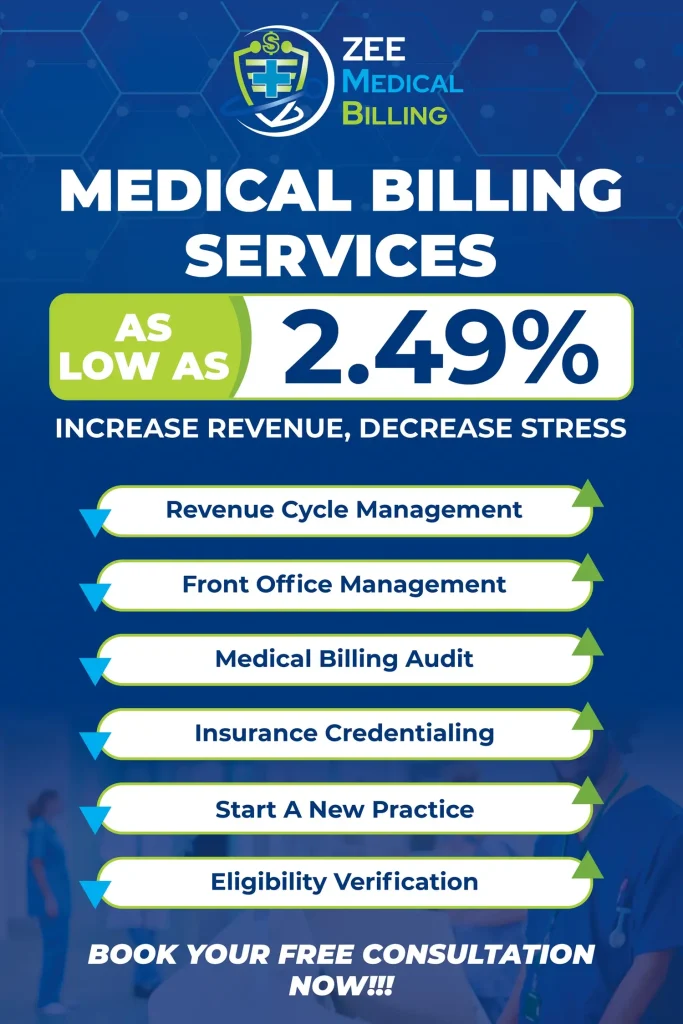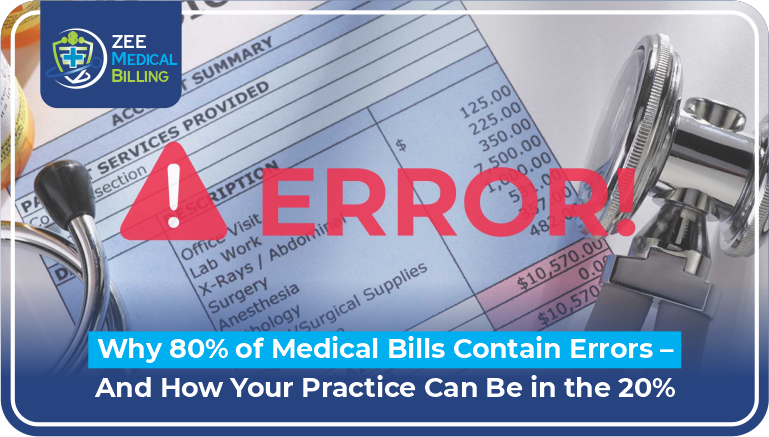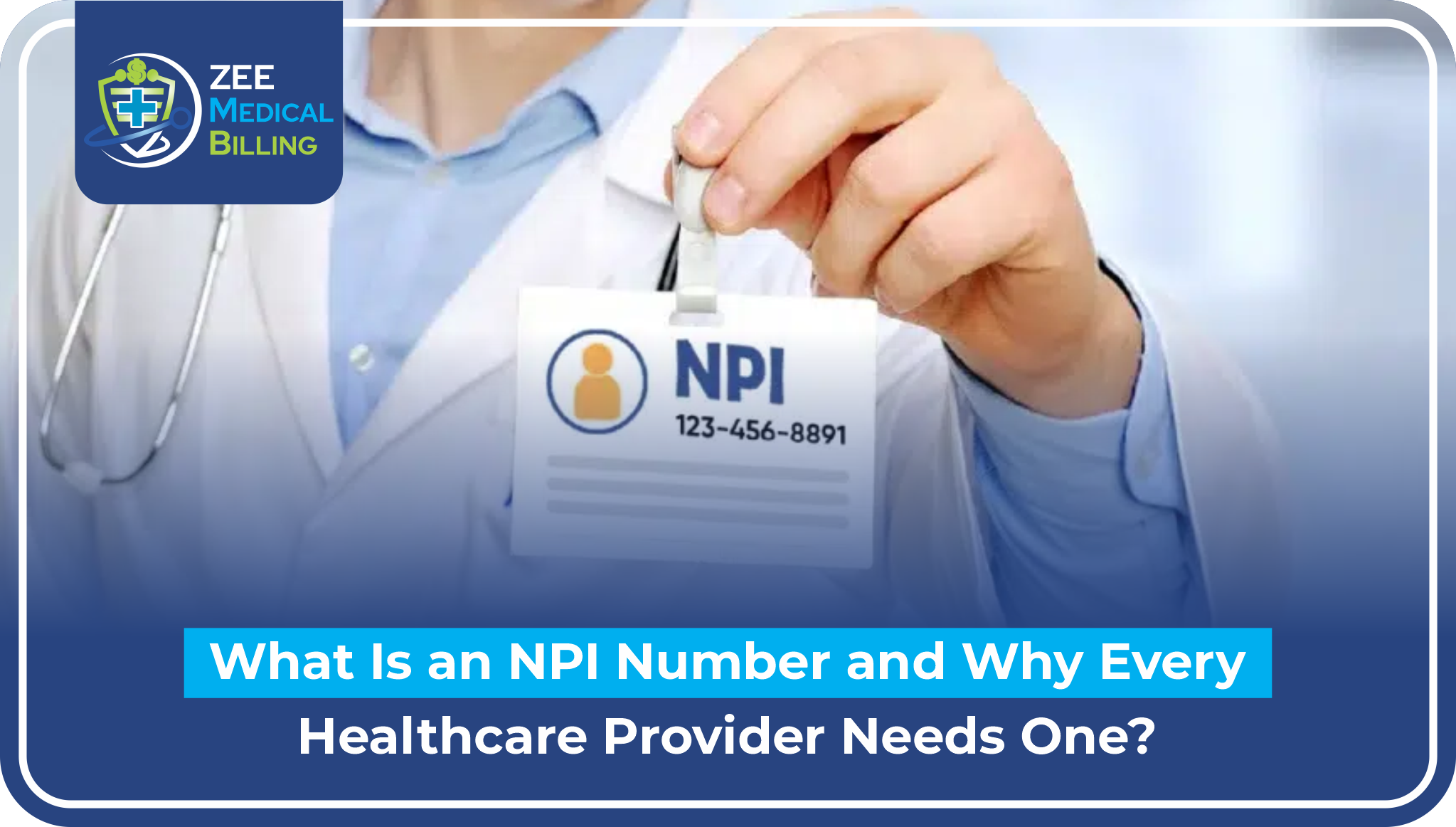Urgent care centers overcome issues between primary care and emergency centers, offering ideal medical services for non-life-threatening circumstances. Effective billing practices have become basic to their financial health as these offices are filled with fame.
What Is Urgent Care Billing?
Urgent care billing includes accurately documenting, coding, and submitting claims for medical benefits delivered at urgent care offices. Unlike emergency room primary care billing, it handles a unique mix of walk-in patients, varied insurance plans, and time-sensitive claims processing.
Read More: Urgent Care Billing Best Practices for Expanded Revenue
Key Reasons for Why Urgent Care Billing is Important
1. Revenue Optimization
Exact billing guarantees that urgent care facilities are compensated promptly and sufficiently. Coding or submission mistakes can prompt claim denials or delayed payments, affecting income.
2. Compliance with Regulations
Urgent care centers must follow tough medical services regulations, including HIPAA and insurance-specific guidelines. Appropriate billing minimizes legitimate dangers and keeps up with consistency.
3. Improved Patient Experience
Straightforward and exact billing works on patient satisfaction, avoiding confusion about costs, and forestalling unexpected bills.
4. Efficient Operations
Effective billing smoothes out regulatory work processes, reducing time spent on claim rejections or requests and enabling staff to focus on patient care.
The Complexity of Urgent Care Billing
The complexity of urgent care billing emerges from the services offered and the various amounts of help required by patients. Unlike normal visits to primary care doctors, an urgent care visit could include. Anything from a basic discussion to a complicated diagnostic test or system. Each help has a unique code that requires fitting coding.
Coding and Documentation
Great coding and documentation are critical while charging dire consideration. The interaction requires doling out the fitting codes to the services provided. Which the insurance companies use for billing. Any error in these codes can bring about claims being declined or even delays in installment.
In urgent care billing, medical services suppliers overwhelmingly use Current Procedural Terminology (CPT) as the coding system. The CPT codes include various services, like clinical, careful, or diagnostic. The International Classification of Diseases (ICD) codes go with the CPT codes. They show the analysis during the patient visit.
Understandable detailing is an equivalent need in fast assistance charging. The medical care reports should unequivocally catch the amenities offered. This also incorporates the motives for such conveniences. Considering everything, using the right codes will guarantee exact reimbursements.
Read More: Mental Health Billing Service With Revenue Cycle Management
Insurance Verification and Eligibility
One more significant part of billing for pressing consideration is affirming protection and meeting all requirements for it. Before offering treatment, checking if the patient has protection is vital because specific sorts of protection are available. This helps prevent claim denial while guaranteeing service payment to the center.
Insurance verification is essentially looking at the patient’s policy to decide on co-pays, deductibles, and any inclusion restrictions. Eligibility verification decides whether a patient fits the bill for their required treatment. These checks take time but are significant in avoiding future billing issues.
Claim Submission and Follow-Up
After coding and documenting services, the next stage in urgent care billing is to present a case. You need to present your case to acquire repayment from the patient’s insurance agency. This step is critical because even a minor misstep in submitting cases can create setbacks for installment or even disavowal of specific cases.
The billing system incorporates subsequent follow-ups as a basic part. Claim status observing and issue correction should be done whether a case has been conveyed. Now and again, corrections might be essential for currently submitted claims, additional documents might be given, or requests might be filed for refusals to pay.
Following up ensures that installments because of the urgent care center reach it speedily at the appropriate time.
Best Practices for Urgent Care Billing
- Invest in Specialized Software: Use billing stages intended for urgent care centers to automate processes and diminish errors.
- Train Staff in Coding: Guarantee your group is educated in urgent care-specific billing codes and rules.
- Conduct Regular Audits: Periodic billing reviews help recognize and address repeating issues.
- Streamline Insurance Verification: Carry out real-time eligibility devices for quicker patient check-ins.
Conclusion
Urgent care billing plays a pivotal part in guaranteeing the financial sustainability of urgent care facilities while keeping up with patient trust and operational efficiency. By focusing on precision, consistency, and productivity, urgent care centers can flourish in the competitive medical care landscape.


























